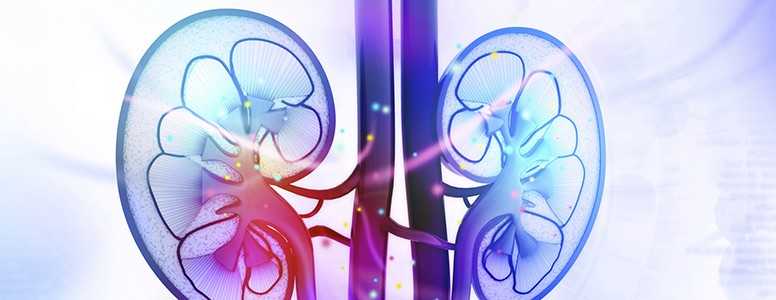Invokana (canagliflozin) has been found in a new trial to be more effective than Amaryl (glimepiride) at slowing the progression of renal disease in type 2 diabetes patients.
Both of these drugs are intended to lower blood sugar levels. Invokana is an SGLT2 inhibitor, which helps by removing excess sugar through urine, while Amaryl, a sulphonylurea, stimulates the release of insulin from the pancreas into the blood.
In this four-year study, researchers at the University of Groninge, the Netherlands measured the effects of canagliflozin on kidney function decline in 1,450 patients with type 2 diabetes who were taking metformin.
Patients were randomised to receive either 100mg or 300mg of canagliflozin or glimepiride once daily between August 2009 and January 2013.
A subgroup of participants was also evaluated who had urinary albumin-to-creatinine ratios of 30mg/g or more at the beginning of the study.
Researchers evaluated changes in albuminuria and estimated glomerular filtration rate (eGFR), which are both measures of kidney function.
Overall, 46 participants in the glimepiride group reached the endpoint of the 30 per cent eGFR decline. This compared to 32 patients in the canagliflozin group.
The canagliflozin groups also had better HbA1c and blood pressure levels compared to the glimepiride group.
Lead author Hiddo J.L. Heerspink, Ph.D, explained: “Since glycemic control was only modestly different between canagliflozin and glimepiride, our results suggest that potential kidney protective effects of canagliflozin may be unrelated to glycemic control.
“Our results are especially important since many patients with diabetes are at risk of progressive kidney function loss, and canagliflozin may offer a new and improved therapeutic opportunity for these patients.”
One of the limitations of this study was that it was not designed to compared the renoprotective effects of canagliflozin against glimepridie.
The authors added that “the lack of a placebo arm in this study means that no definitive conclusions can be drawn regarding whether canagliflozin is renoprotective or whether glimepiride worsens the progression of kidney disease”.
The findings appear in the Journal of the American Society of Nephrology.
What's new on the forum? ⭐️
Get our free newsletters
Stay up to date with the latest news, research and breakthroughs.




